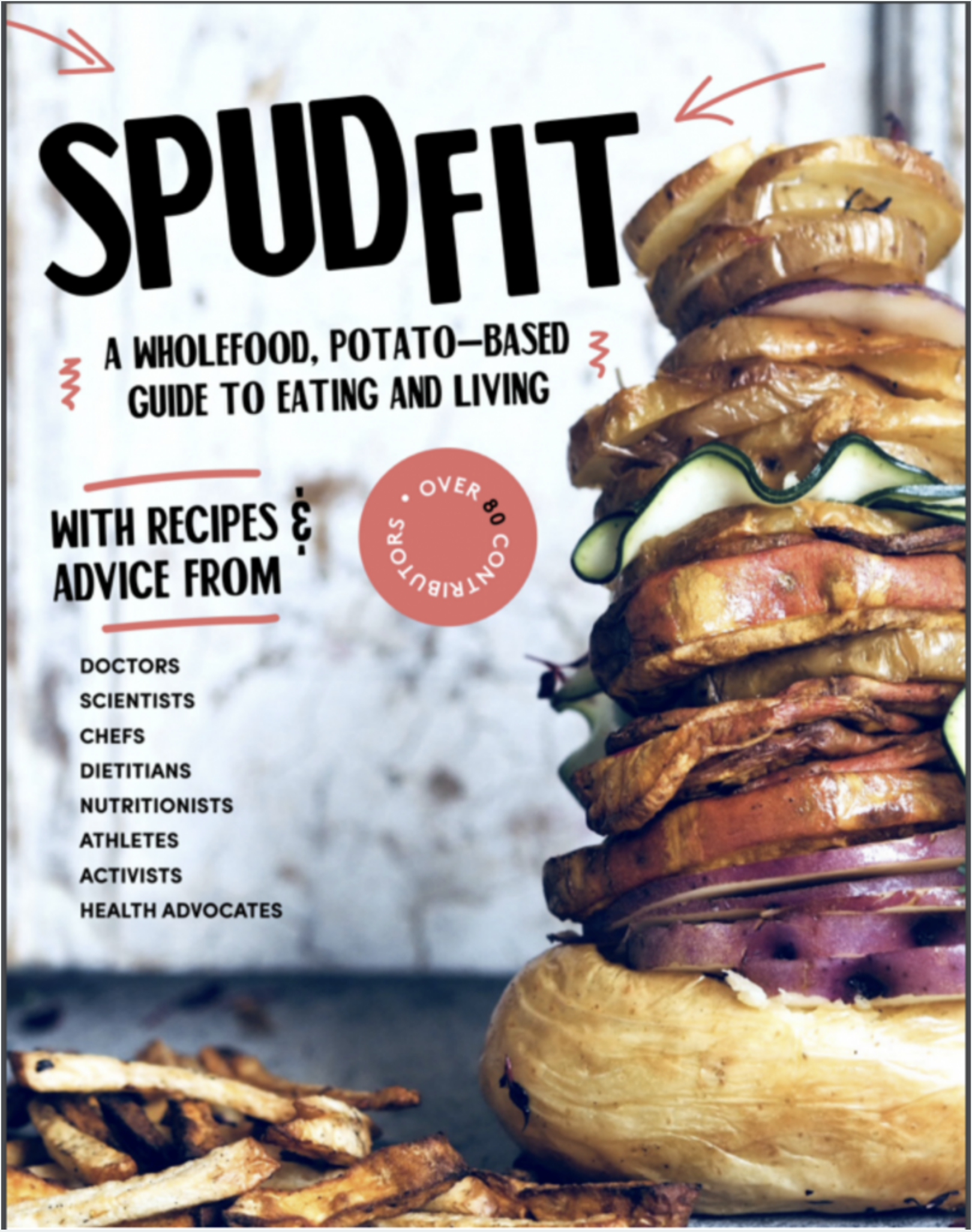Dear Timaree: “My husband has high triglycerides and we are trying to find ways to change his diet to lower them. We eat a lot of pasta and think that may have something to do with it. We are looking for foods that he can eat, that will fill him up and also help lower his levels.”
Good news, although high triglycerides puts your husband’s health at risk, they are one of the most diet-responsive lipids, so by making changes in his diet, he can watch the level decrease!
While you may have heard about different fatty acids, (saturated, monounsaturated, omega-3, etc.), individual fatty acids are rarely found on their own, as they tend to be in groups of three, in the form of molecule called a triglyceride. Triglycerides are simply three fatty acids attached to a glycerol backbone, and are the most common form of lipids in our diet (fats and oils) and our body (body fat).
Whenever we consume more kcalories from carbohydrates, protein, fat or alcohol than we can use, our body converts those nutrients to triglycerides and stores them in our fat (adipose) tissue. Our bodies are in the “fat storage business”, because fats are both kcalorie-rich and extremely light, making them the perfect nutrient to store. When we need fuel between meals, we use a mix of blood sugar and stored triglycerides. However, when triglyceride levels in the blood climb, so does a person’s risk for heart disease, heart attack, stroke and pancreatitis.
While genetics can certainly play a role, diet and lifestyle factors can significantly increase triglycerides, including overeating at meals and consuming alcohol and refined carbohydrates (sugar, soda, sweetened coffee/tea drinks, punch, cookies, cakes, pies, doughnuts, frozen sweetened fruits or fruit canned in syrup, bread, muffins, pancakes, bagels and pasta made with enriched and refined flour, white rice, pretzels, chips and sugary cereals).
The best diet-related strategies for reducing triglycerides includes eating smaller, more frequent meals to avoid overeating, reducing/eliminating alcohol, reducing intake of omega-6 fatty acids (poultry and plant oils) and consuming whole grains, fruits, vegetables and plant foods rich in omega-3 fatty acids (chia seeds, flax seeds, walnuts, soybeans, tofu and even Brussels sprouts!).
Timaree Hagenburger, a registered dietitian, certified exercise physiologist with a master’s degree in public health, is a nutrition professor at Cosumnes River College and sought after speaker. She is so excited about the Plant-Based Nutrition and Sustainable Agriculture certificate program that she and her colleague started there, and also conducts local events, corporate wellness work, has a regular segment on California Bountiful TV, is a frequent podcast guest, and published her innovative and practical cookbook – The Foodie Bar Way: One meal. Lots of options. Everyone’s happy. available at www.FoodieBars.com Find details about Timaree’s upcoming events (cooking demos, book signings and talks about the incredible power you yield with your fork!), and if you missed any of her newspaper columns, podcast interviews or TV appearances, you can find them here at https://www.thenutritionprofessor.com/


 Order and learn more at www.FoodieBars.com
Order and learn more at www.FoodieBars.com

 This is a first for me... Some of MY recipes are part of a rock star compilation cookbook put together by Andrew Spud Fit Taylor!! Order it today!
This is a first for me... Some of MY recipes are part of a rock star compilation cookbook put together by Andrew Spud Fit Taylor!! Order it today!